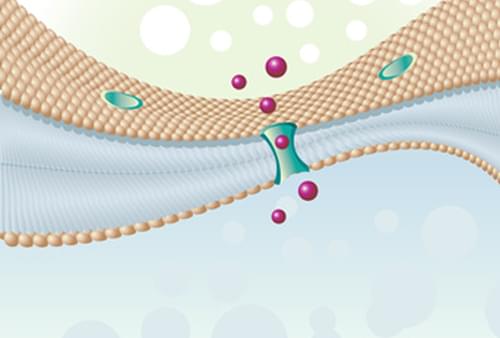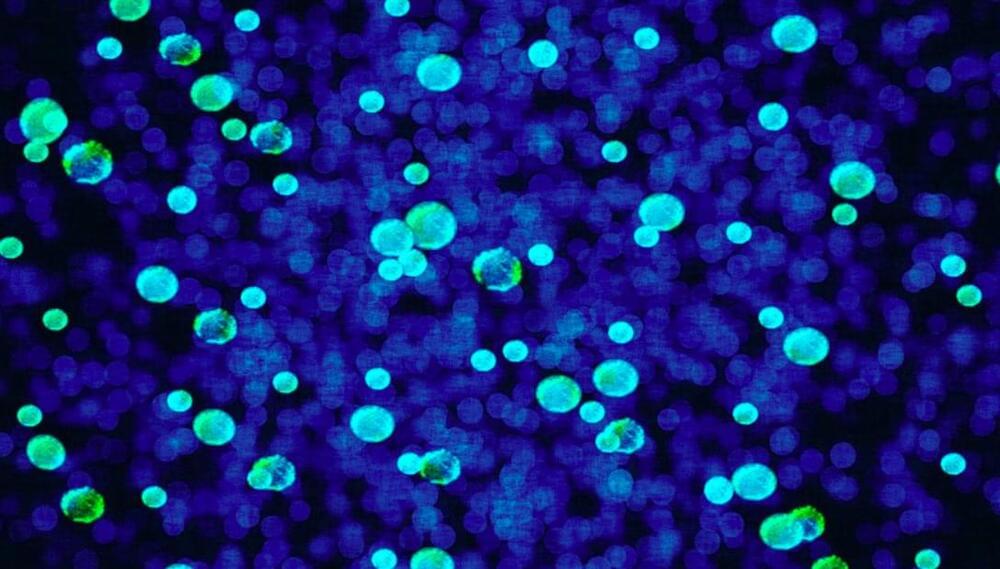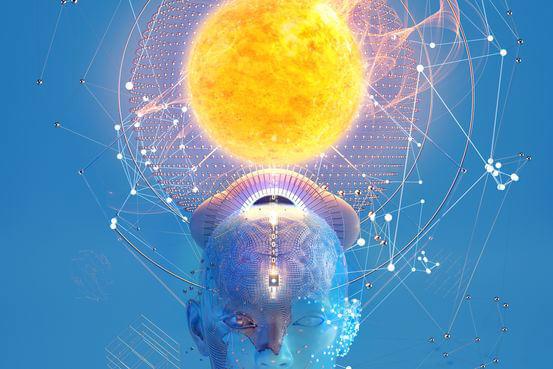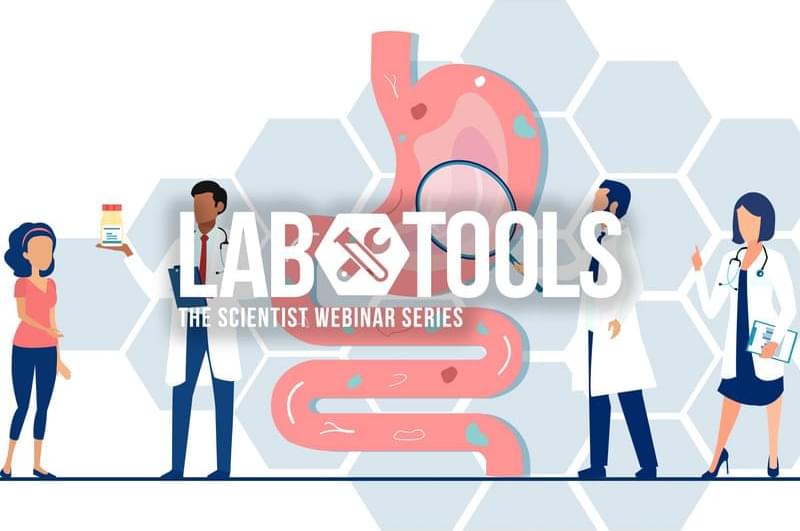Researchers are attempting to uncover the basics of how fat tissue is structured and, specifically, inflammation associated with obesity, in the hopes of unlocking the connection between the accumulation of fat and poor health outcomes. Now, a new study by researchers at the University of Michigan revealed previously unrecognized immune cell types and interactions within adipose tissue using single-cell analysis of gene expression combined with spatial transcriptomics.
The findings are published in JCI Insight in an article titled, “A lipid-associated macrophage lineage rewires the spatial landscape of adipose tissue in early obesity.”
“Adipose tissue macrophage (ATM) infiltration is associated with adipose tissue dysfunction and insulin resistance in mice and humans,” wrote the researchers. “Recent single-cell data highlight increased ATM heterogeneity in obesity but do not provide a spatial context for ATM phenotype dynamics. We integrated single-cell RNA-Seq, spatial transcriptomics, and imaging of murine adipose tissue in a time course study of diet-induced obesity. Overall, proinflammatory immune cells were predominant in early obesity, whereas nonresident antiinflammatory ATMs predominated in chronic obesity.”









